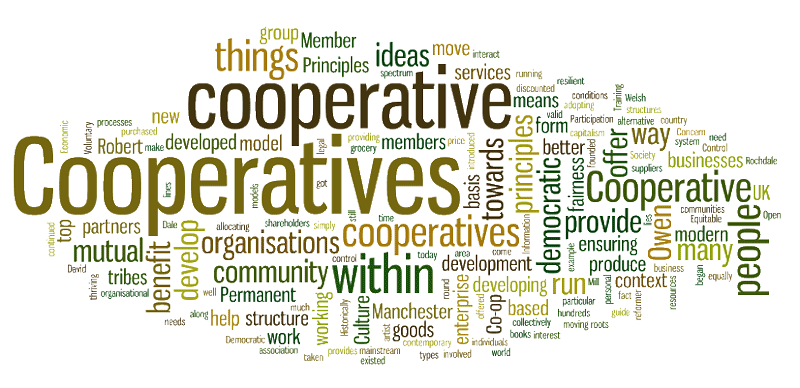
In an era increasingly dominated by large, automated corporations, the emergence of human-centered cooperatives like Planet Hemp stands as a beacon of hope, offering a refreshing alternative to the often profit-driven and impersonal nature of traditional business models. These cooperatives, characterized by their core principles of fair trade, labor laws, circular economies, sustainability, equity, diversity, and inclusivity, are paving the way for a more just, equitable, and sustainable world.

Fair Trade and Labor Laws: Ensuring Ethical Practices
Human-centered cooperatives, such as Planet Hemp, champion fair trade practices, ensuring that all participants in the supply chain, from farmers to workers, are treated with dignity and respect. This commitment to fair trade extends to adherence to labor laws, guaranteeing safe working conditions, fair wages, and opportunities for advancement for all employees. By upholding these ethical standards, cooperatives foster a culture of mutual respect and collaboration, creating a work environment that prioritizes the well-being of its members.
Circular Economies: Embracing Sustainability
In contrast to the linear, resource-intensive models of traditional corporations, human-centered cooperatives embrace the principles of circular economies. This approach emphasizes resource efficiency, waste reduction, and product lifecycle management, ensuring that materials are used responsibly and reintroduced into the production process whenever possible. Planet Hemp exemplifies this commitment to sustainability by employing eco-friendly cultivation practices, minimizing waste generation, and utilizing renewable energy sources.
Equity, Diversity, and Inclusivity: A Foundation for a Just Society
Human-centered cooperatives are built upon the bedrock of equity, diversity, and inclusivity. These values permeate every aspect of their operations, from hiring practices to decision-making processes. By promoting equal opportunities for all, regardless of background, gender, or ethnicity, cooperatives foster a sense of belonging and empowerment among their members. This inclusive approach contributes to a more just and equitable society, where everyone has the opportunity to contribute and thrive.
A Contrast to the Automated Binary World of Corporations
The rise of human-centered cooperatives stands in stark contrast to the automated, binary world of corporations, often characterized by profit-driven decision-making, hierarchical structures, and a focus on efficiency at the expense of human well-being. In this environment, individuals are often reduced to mere cogs in a vast machine, their contributions undervalued and their voices unheard.
A Path Towards a More Just and Sustainable Future
Human-centered cooperatives, like Planet Hemp, offer a compelling alternative to this impersonal and often exploitative corporate culture. By prioritizing human values, ethical practices, and sustainability, these cooperatives are paving the way for a more just and sustainable future. Their success demonstrates that businesses can operate with a conscience, prioritizing the well-being of their members, their communities, and the planet.
As Planet Hemp continues to grow and expand its reach, it serves as a powerful reminder that the pursuit of profit does not have to come at the expense of human dignity and environmental responsibility. Its unwavering commitment to its core principles is a testament to the transformative potential of human-centered cooperatives, offering a beacon of hope in a world increasingly dominated by automated corporations.







